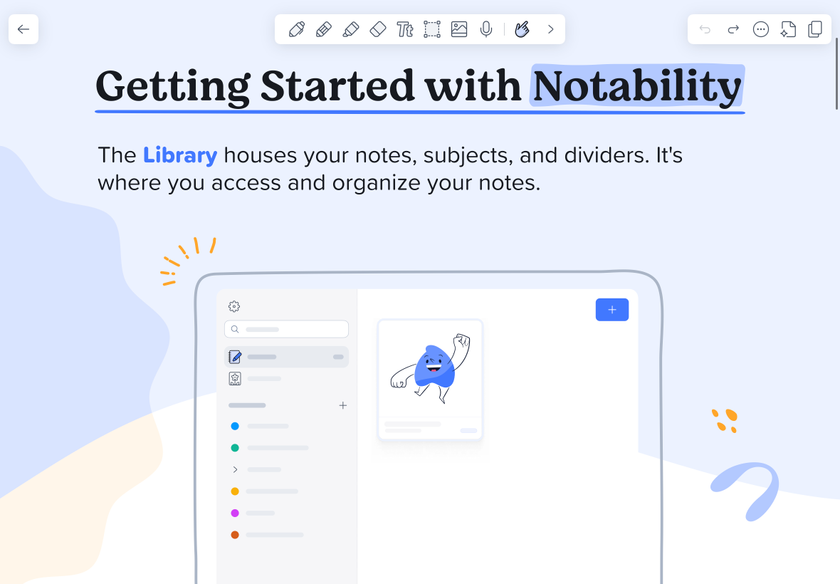From Exchange 2003 to the cloud
Upgrade to Exchange 2010 or move to Google?
TRP: You mention devices. Have they been a driver in the adoption of cloud-based office productivity tools?
DM: Research company Gartner reported that 4Q13 global PC shipments suffered a 6.9% decline from the fourth quarter of 2012 - this is the worst decline in PC market history. At the same time, it reported strong growth in tablets such as iPads being used to access company IT systems and at Christmas the Google Chromebook was the best selling device on Amazon.
From our experience of working with companies who've moved to Google Apps, we know that users want to have freedom of device choice, whether that be PC or Mac, smartphone or tablet. The mobile workforce of today wants to be able to use instant-on devices to access docs and email an doesn't want to be tied to the traditional PC.
Google Apps, for example, was designed from the outset to be device-independent and work with any browser. This gives users access to the full range of collaboration and innovation tools from any device, making it easy for them to switch between devices as they work. This allows the IT department to keep control of who has access while giving users the freedom they need.
TRP: What about security? Is the cloud as secure as on-premise?
DM: Major, high profile regulated institutions like London Borough of Hillingdon, Spanish banking giant BBVA and global pharmaceutical company, Roche, have all moved to Google Apps. It's clear that the cloud is passing due diligence exercises for even the most security-minded organisations.
Data stored in the cloud is subject to the strict security and backup regulations and the cloud vendors security expertise and resource exceeds the vast majority of normal businesses. With cloud computing data loss is minimised if a user's computer crashes, is stolen or is damaged in a fire or flood as there is little or no data held on local PCs.
Are you a pro? Subscribe to our newsletter
Sign up to the TechRadar Pro newsletter to get all the top news, opinion, features and guidance your business needs to succeed!
TRP: What do you think is the most compelling argument for moving to the Cloud today?
DM: In the early days of cloud computing, companies made the move for technical reasons. It offers reduced IT cost and improved security whilst being highly available, scalable, and mobile.
However, whilst it does indeed provide a low maintenance platform that is secure and cost effective, it has also been a massive game changer for businesses particularly in terms of improved efficiency, productivity and collaboration.
With 80 percent of users found to use only 20 percent of an application's features in Microsoft Office, innovative businesses are already questioning the functionality and efficiency of their traditional IT desktop.
The cloud offers organisations the opportunity to rethink the way the work; true cloud platforms encourage innovation and can help transform organisations and even culture through automation of business processes by combining mobile apps and devices, collaborative tools and shared data in the cloud. Our Google Apps for Business customers all agree that today it is not about the technology, but how to best use it for commercial and competitive advantage. Isn't it what IT should all be about?

Désiré has been musing and writing about technology during a career spanning four decades. He dabbled in website builders and web hosting when DHTML and frames were in vogue and started narrating about the impact of technology on society just before the start of the Y2K hysteria at the turn of the last millennium.











